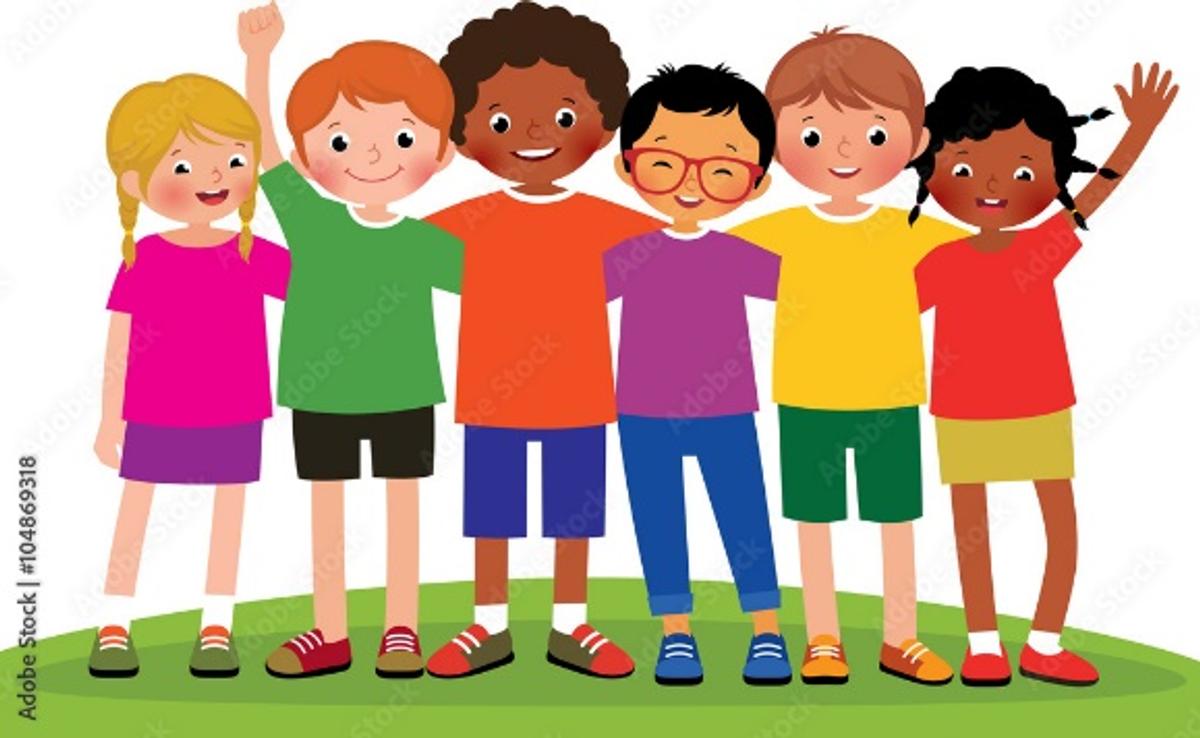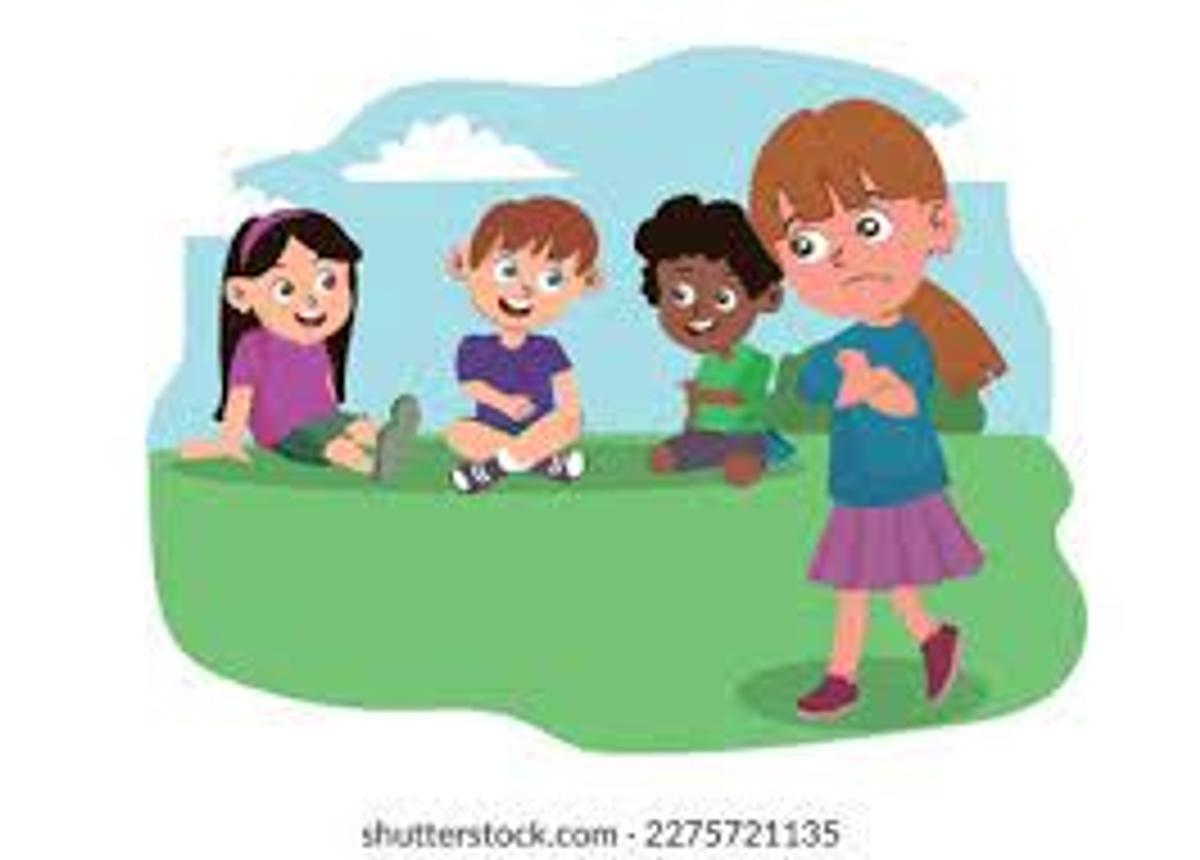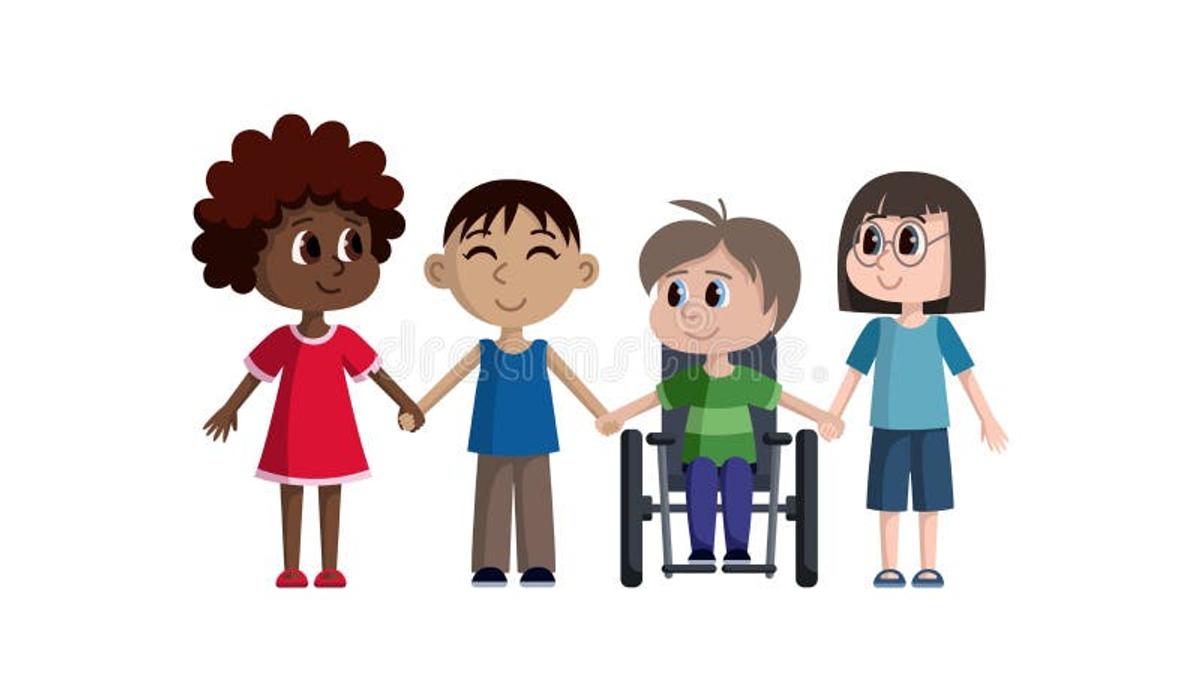And now a word from
Mrs Richards...

And now a word from
Mrs Richards...


At any age having friends provides support and promotes mental health and wellbeing. Children’s friendships are very important for their social and emotional development. Learning positive friendship skills can help children socially so that they feel happier and more confident. However, learning to be a good friend can also be tricky and it can be difficult navigating conflicts that naturally arise as children learn to coexist with others. Through their class social skills lessons and through their Wellbeing lessons, we endeavour to provide students with scaffolded social learning opportunities. As parents, you can help too by encouraging children to develop friendships with a range of others, providing opportunities to socialise with peers outside of school and by working with children to help to solve problems as opposed to stepping in and solving problems for them.
According to psychologist Robert Selman there are 5 stages that children go through as they learn to make and keep friends. You will see there is some cross over of ages as children develop at different rates but it can be helpful to see what to understand the developmental framework for friendship development.
STAGE 1 Friendship: Momentary Playmates
(Approximate ages: 3-7 years)
Children at this stage view friends as momentary playmates, and their friendships are all about having fun together. Their friends are kids who are conveniently nearby, and who do the same things they like to do.


Children at this stage have very limited ability to see other perspectives. They assume that other children think the same way they do, so they tend to get very upset when they find out that a playmate has a different opinion.
Kids this age typically make comments like “she doesn’t want to be my friend anymore” when their friend just wants to do something different to them.
STAGE 2 Friendship: One-Way Assistance
(Approximate ages: 4-9 years)
At this level, children understand that friendship goes beyond whatever their current activity is, but they still think in very pragmatic terms. They define friends as children who do nice things for them—such as sharing a treat, saving them a seat, or giving them nice presents—but they don’t really think about what they themselves contribute to the friendship.
Children at this level care a lot about friendship. They may even put up with a not-so-nice friend, just so they can have a friend. They may try to use friendship as a bargaining tool, saying things like “I’ll be your friend if you do this!” or “I won’t be your friend if you do that!“
STAGE 3 Friendship: Two-Way, Fair Weather Cooperation
(Approximate ages: 6-12 years)
These children are able to consider a friend’s perspective in addition to their own, but not always at the same time.
At this stage, children are very concerned about fairness and reciprocity, but they think about these in a very rigid way. So, if they do something nice for a friend, they expect that friend to do something nice for them at the next opportunity. If this doesn’t happen, the friendship may fall apart.


Children in this stage tend to be very judgmental of both themselves and others. They evaluate themselves harshly, the way they think other people do. They tend to be jealous, and they’re very concerned with fitting in by being exactly the same as everyone else.
Children at this stage often form small friendship groups based on similar interests. Sometimes these can become exclusive clubs which involve elaborate rules and lots of discussion about who is or isn’t included as a member.
STAGE 4 Friendship: Intimate, Mutually Shared Relationships
(Approximate ages: 11-15 years)


At this stage, friends help each other solve problems and confide thoughts and feelings that they don’t share with anyone else. They know how to compromise, and they do kind things for each other without “keeping score,” because they genuinely care about each other’s happiness.
For some children, this is also the “Joined at the Hip” stage.
Girls, more often than boys, may be best friends and expect each other to do everything together. They may feel deeply betrayed if a best friend chooses to be with another child.
STAGE 5 Friendship: Mature Friendship
(Approximate ages: Adolescence to adulthood)
At this stage, children place a high value on emotional closeness with friends. They can accept and even appreciate differences between themselves and their friends.
Young people who develop mature friendships are not as possessive as they might once have been, so they’re less likely to feel threatened if their friends have other relationships.
Mature friendship emphasizes trust and support and remaining close over time, despite separations.